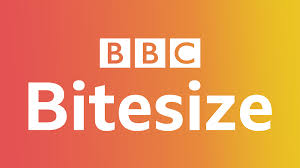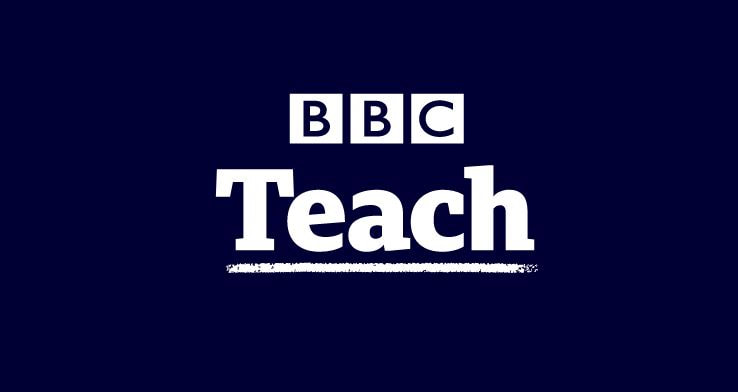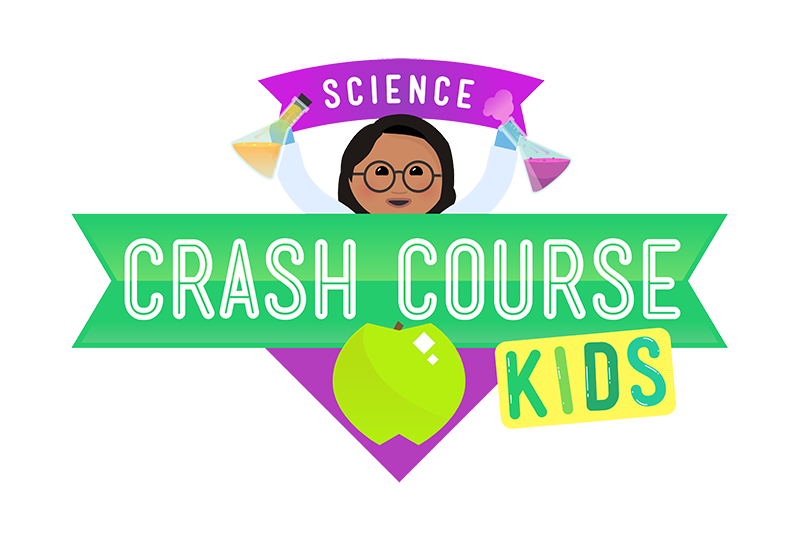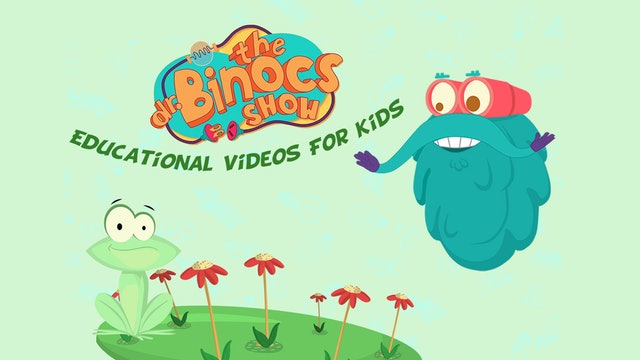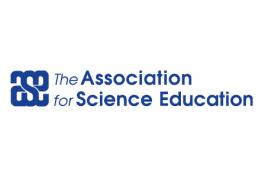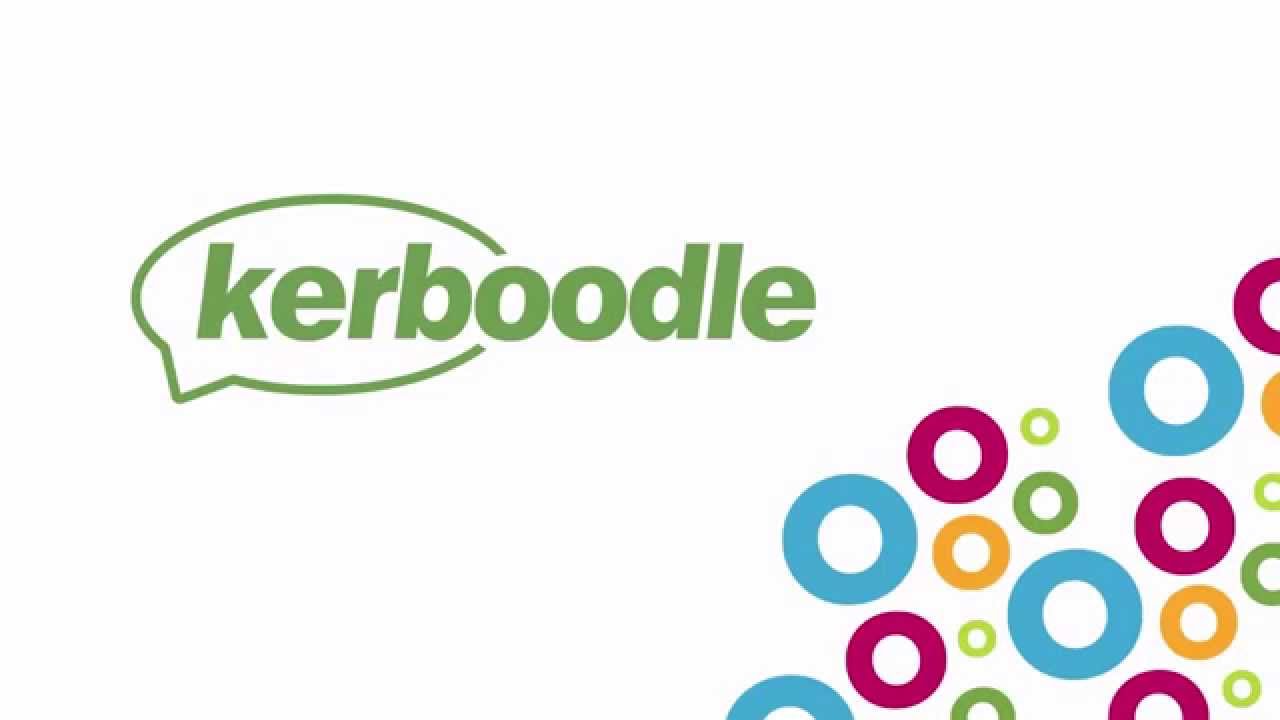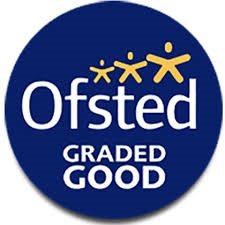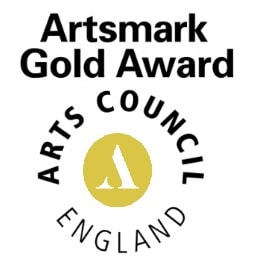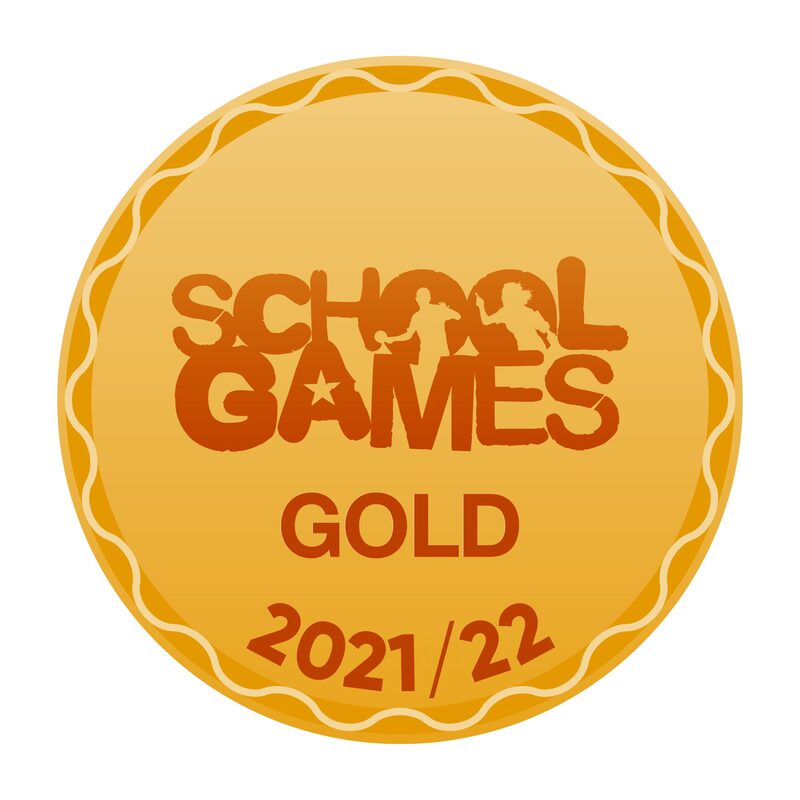Science
What is 'science'?
|
According to The Science Council:
Within the school context, science knowledge is split between the three main fields of:
|
Why do we study science?
|
In the words of the 2014 National Curriculum:
|
What are our intentions?
|
At Cranborne Middle School, our intent is to give all pupils a strong understanding of the world around them whilst acquiring specific skills and knowledge to help them to think scientifically, to gain an understanding of scientific processes and also an understanding of the uses and implications of science, today and for the future.
|
How do we achieve this?
|
Teachers create a positive attitude to science learning within their classrooms and reinforce an expectation that all children are capable of achieving high standards in science. Our mastery approach to the teaching and learning of science involves:
|
|
|
|
| ||||||||
Recommended websites
|
BBC Bitesize is a free online study support resource designed to help with learning, revision and homework!
|
SciberMonkey is currently supported and run by the Society of Biology. It was originally created by the Biochemical Society.
|
Planet Science exists to offer young scientists of school age the inspiration and excitement that will support their study of science at school and beyond.
|
School Science is sponsored by industrial and research partners who provide free on-line science resources for teachers and students.
|
Recommended Youtube channels
|
BBC Teach offers free classroom resources to schools throughout the UK.
|
Crash Course Kids is a new channel from the creators of Crash Course - science videos for secondary pupils.
|
Peekaboo is a cheerful destination with colourful animation for all the Happy Children of the world!
|
FuseSchool is a global Open Education charity brought to life by leading Social Learning organisation Fuse Universal.
|
Science glossaries
|
Year 5
|
Year 6
|
|
| ||||||||||||||||||
|
Year 7
|
Year 8
| ||||||||||||||||||||||||||||||||||||||||


